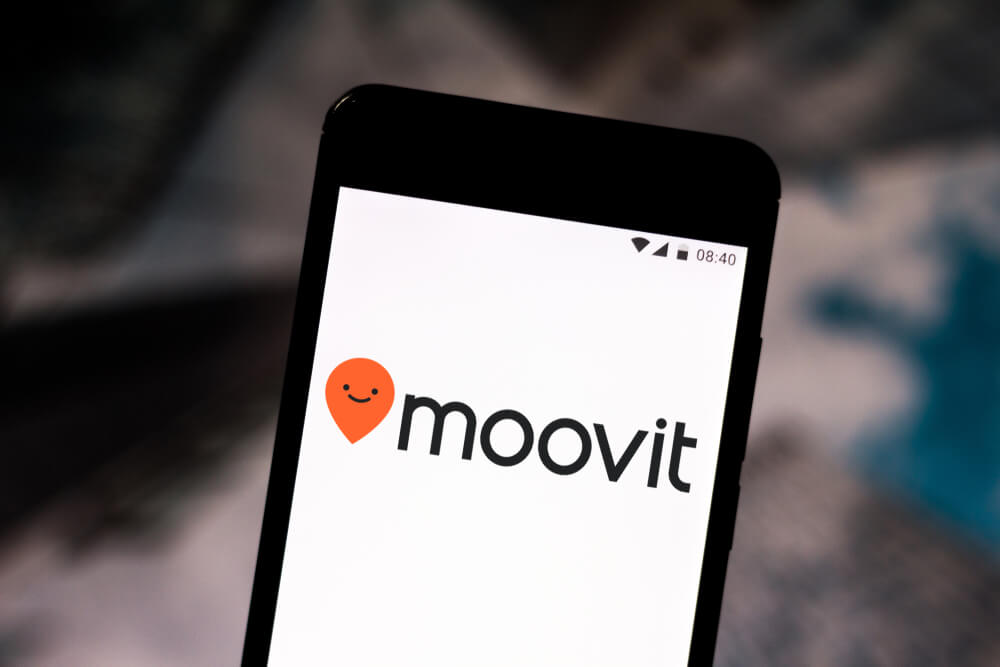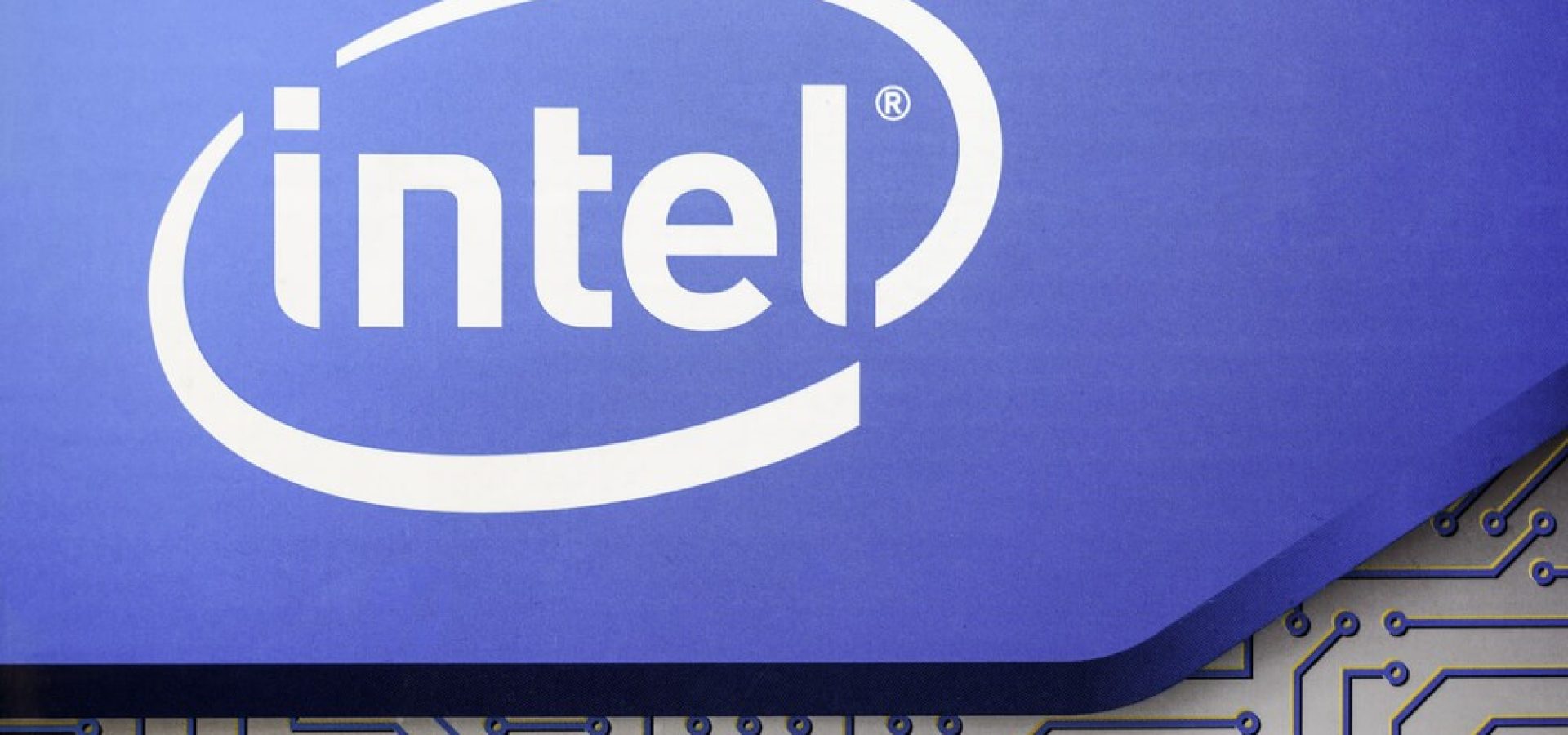Intel moved further into the world of smart mobility and autonomous driving. It announced its plan to acquire Israel-based urban transit data startup Moovit for $900 million on Monday.
Moovit’s principal product is an urban mobility app with a particular focus on public transportation. Hundreds of millions of customers use it.
It uses public transit data to provide route planning in the vein of Apple and Google mapping apps. Same as with scooter- and bike-sharing services and ride-hailing companies like Uber and Lyft.
Relying partly on crowdsourced data, Moovit can also provide routing for areas with no publicly released data available. Intel said that 800 million customers use the app and services in 3,100 cities across 102 countries.
Acquiring Moovit brings it closer to achieving its plan to become a complete mobility provider, which includes robotaxi services. Forecasts show an estimated $160 billion opportunity by 2030.
Moovit is the latest mobility-themed acquisition by the company. Which previously predicted a $7 trillion windfall from autonomous driving. But doubts that projection still stands exist, given the rocky start to autonomous vehicles’ path to commercialization. It has since been laboring to position itself to reap some of those profits.
In 2017, the company acquired Mobileye, another Israel-based startup that specializes in chips for camera-based autonomous vehicles.
Mobileye is testing a self-driving taxi service in Israel. It has just announced plans to deploy its robot taxis in South Korea.
The company also has a partnership with Chinese EV startup Nio to build electric autonomous vehicles.
Intel led a $50 million investment round in Moovit in 2018. The Tel Aviv Israel-based company was founded in 2012 with approximately 200 employees.
Looking Back When Intel First Announced its Plans

In August 2019, the company said it will build a fleet of 100 fully autonomous vehicles. It then closed its deal to buy auto-visual startup Mobileye.
Back then the chipmaker already announced that its fleet will be of Level 4, fully self-driving vehicles. They were for testing in the US, Israel, and Europe. Its initial plan was for the first vehicles to hit the road later that year.
The fleet was to eventually scale to more than 100 automobiles. The cars were to be Level 4 autonomous, which means capable of handling most driving situations themselves.
On the other hand, Level 5 was to be largely theoretical and to cover complete automation in any condition.
Its acquisition of Mobileye in 2017 has emboldened Intel. Also, it has partnerships with BMW and Delphi, a major supplier of advanced vehicle software and electronics.
Also, the first 40 autonomous vehicles deployed for public trials would be BMW 7 series.
Today, Moovit and Mobileye’s advanced driver assist system is part of Intel’s plan to deploy a fleet of robotaxis. Bob Swan, Intel CEO, said Mobileye’s ADAS technology already improved the safety of millions of cars on the road.
Moovit accelerates their ability to truly revolutionize transportation, reducing congestion, and saving lives as a full-stack mobility provider, he added.









COMMENTS